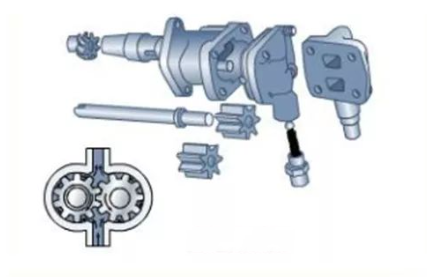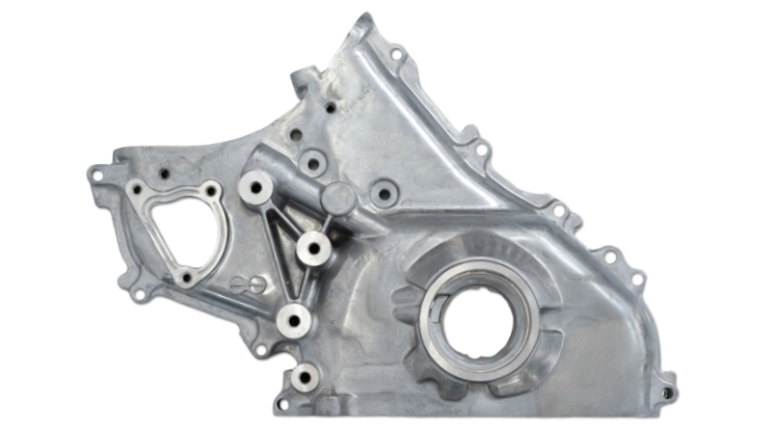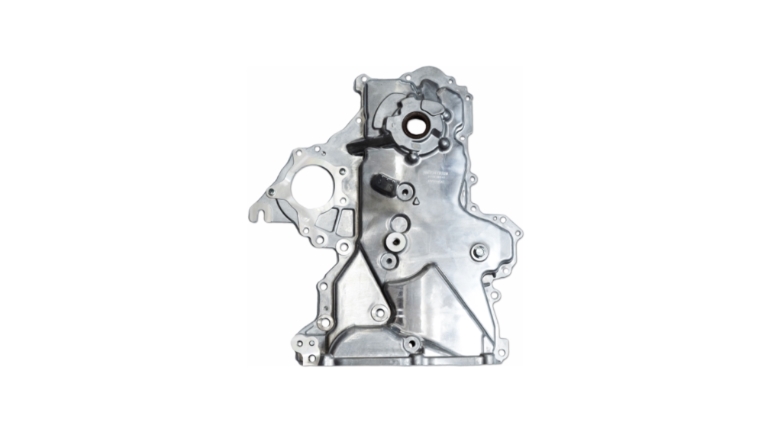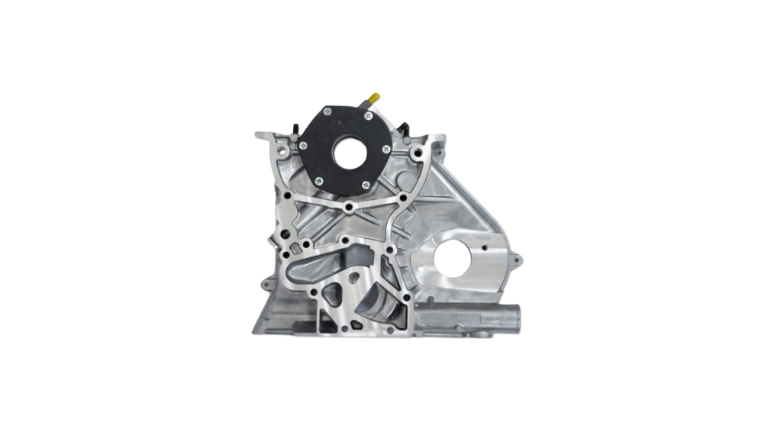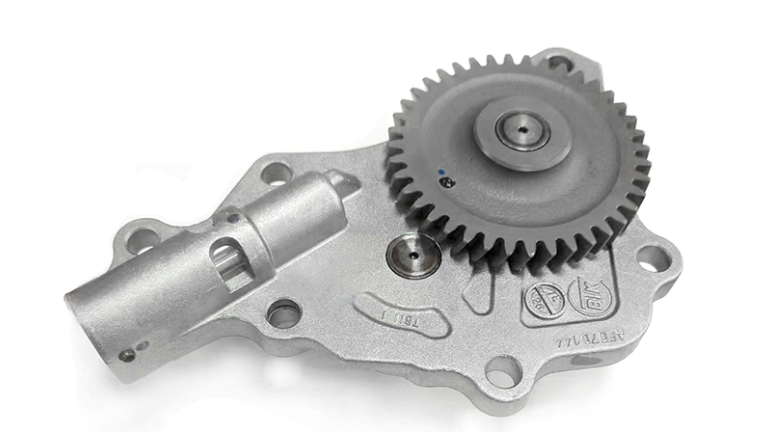
Método de la bomba de aceite del automóvil
Un componente esencial para una lubricación eficiente del motor
La bomba de aceite desempeña un papel fundamental en el motor de un automóvil, ya que garantiza una lubricación adecuada para los distintos componentes móviles. Una bomba de aceite que funcione bien es vital para mantener el rendimiento y la longevidad del motor. En esta publicación de blog, profundizaremos en las complejidades del método de la bomba de aceite del automóvil, destacando su importancia y cómo afecta la eficiencia general del motor.
1. ¿Qué es una bomba de aceite?
La bomba de aceite es un dispositivo mecánico ubicado en el motor que hace circular el aceite del motor, asegurando que llegue a todos los componentes necesarios del motor para una correcta lubricación. Ayuda a regular la presión y el flujo de aceite, lo que permite un enfriamiento y una lubricación eficientes de las partes móviles del motor.
2. Importancia de la bomba de aceite:
a. Lubricación: El aceite del motor forma una película delgada entre las superficies metálicas, lo que reduce la fricción y el desgaste. La bomba de aceite asegura que circule un suministro adecuado de aceite para mantener estas superficies correctamente lubricadas.
b. Enfriamiento: El aceite del motor no solo facilita un movimiento suave, sino que también elimina el exceso de calor, evitando el sobrecalentamiento. La bomba de aceite ayuda a garantizar que el aceite llegue a las áreas calientes, absorbiendo el calor y disipándolo.
c. Eliminación de escombros: La bomba de aceite ayuda a filtrar las impurezas, como la suciedad, las virutas de metal y los lodos. Mantiene el motor limpio enviando el aceite a través de un sistema de filtración, evitando la acumulación de sustancias nocivas que pueden causar daños.
3. Tipos comunes de bombas de aceite:
a. Bombas de aceite accionadas por engranajes: Estas bombas, que se encuentran en los vehículos más antiguos, utilizan mecanismos de engranajes para impulsar la circulación del aceite. Son resistentes, fiables y capaces de manejar altas presiones, pero pueden ser ruidosos.
b. Bombas de aceite estilo rotor: Este tipo de bomba tiene rotores que crean un vacío para extraer y hacer circular el aceite. Se encuentran comúnmente en los vehículos modernos y ofrecen un funcionamiento suave y una mayor eficiencia.
4. Factores que afectan el rendimiento de la bomba de aceite:
a. Viscosidad del aceite: El espesor del aceite afecta su capacidad para fluir a través de la bomba y lubricar adecuadamente el motor. Elegir el grado de viscosidad correcto especificado por el fabricante es crucial.
b. Desgaste de la bomba: Con el tiempo, la bomba de aceite puede experimentar desgaste y perder eficiencia. El mantenimiento regular y la sustitución de los componentes desgastados son necesarios para garantizar un rendimiento óptimo.
c. RPM del motor: La velocidad de la bomba de aceite es directamente proporcional a las revoluciones por minuto (RPM) del motor. Las RPM más altas requieren una tasa de circulación de aceite más rápida para mantener una lubricación óptima.
La bomba de aceite es un componente indispensable del motor de un automóvil, crucial para la lubricación, el enfriamiento y la eliminación de desechos adecuados. Comprender su función, tipos y factores que afectan su rendimiento es vital para mantener un motor eficiente. El mantenimiento regular, incluida la verificación de los niveles de aceite y el cambio de la bomba de aceite cuando sea necesario, contribuirá a un motor confiable y duradero.

